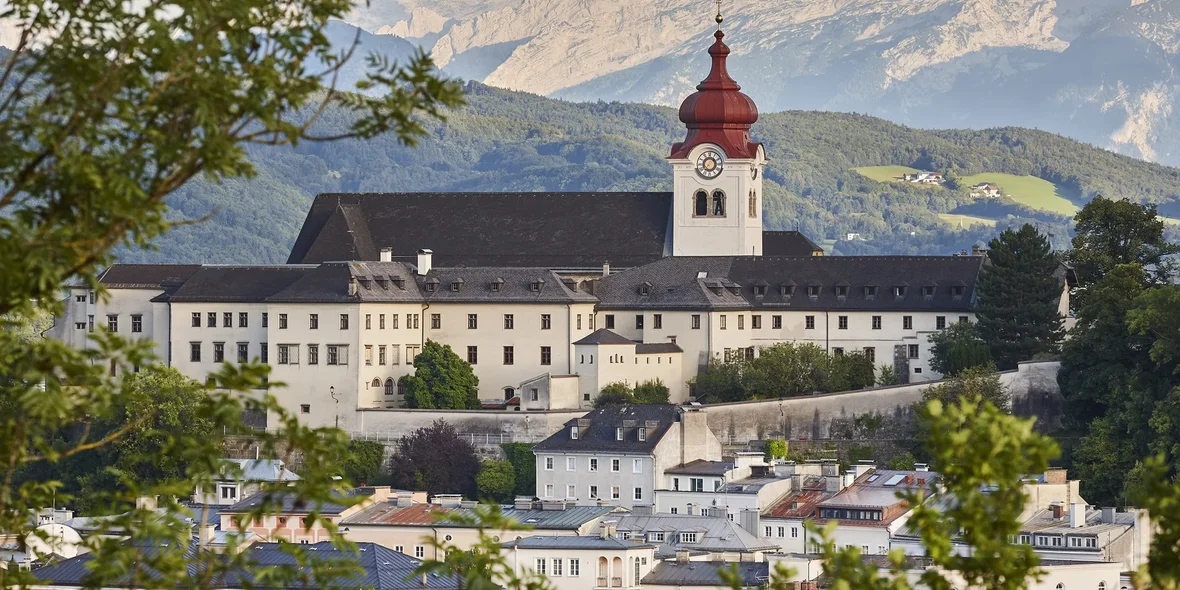
Austria Still Hasn’t Abolished the Tax on Real Estate
In 2023, Austria wanted to abolish the property purchase tax for first-time home buyers. The proposal was made by then-Chancellor Karl Nehammer, who also proposed expanding mortgage and rent subsidy programs.
The initiative was relevant because housing in Austria was rapidly becoming less affordable, and more than half of the country’s population preferred to rent. From 2010 to 2023, housing in the country increased in price by 114%, and the average cost per square meter reached €5,700.
In addition, buyers paid a property transfer tax of 3.5% of the property value, a land registry fee of another 1.1%, notary fees of 1.5–3%, and, if necessary, a realtor’s commission of 3–4%. As a result, additional costs when buying a home in Austria amounted to 7.6–15% of the property value.
But that’s not all: in 2022, the Austrian authorities tightened the rules for issuing mortgages, setting the minimum down payment at 20%. Loan payments were limited to a maximum of 40% of income. As a result, there was a shortage of demand on the market, which, unfortunately, did not affect the decline in prices.
To ease the financial burden, since 2020, it has been possible to defer tax payments for 2–5 years, and preferential tax rates of 0.5–2% have been retained for transactions between relatives or as gifts.
Nehammer’s proposal was a fair attempt to reduce the financial burden. However, in January 2025, a coalition crisis broke out and the chancellor resigned without implementing his ideas. However, Nehammer’s critics emphasized that no one was going to abolish the tax, and he used loud statements to score more political points.
As evidence, they cite the fact that Vienna allocates about €400 million annually for subsidies for social housing and preferential mortgages, and this limit has not changed since Nehammer took office as chancellor (although he had such powers).
Author
I write informative articles about real estate, investments, job opportunities, taxes, etc.






















